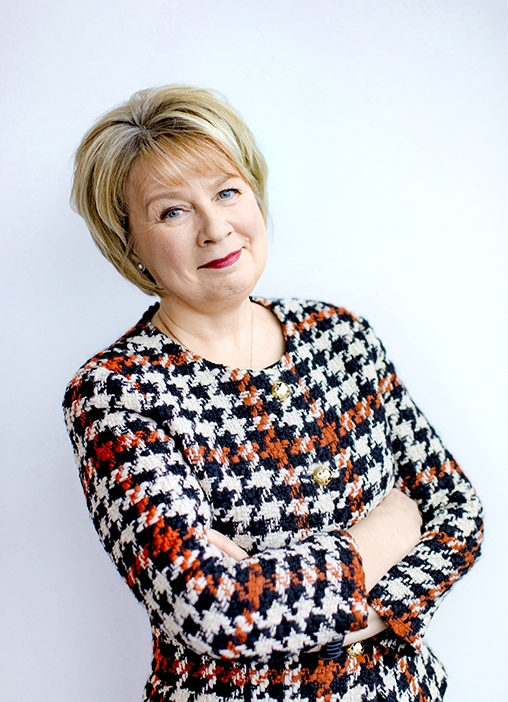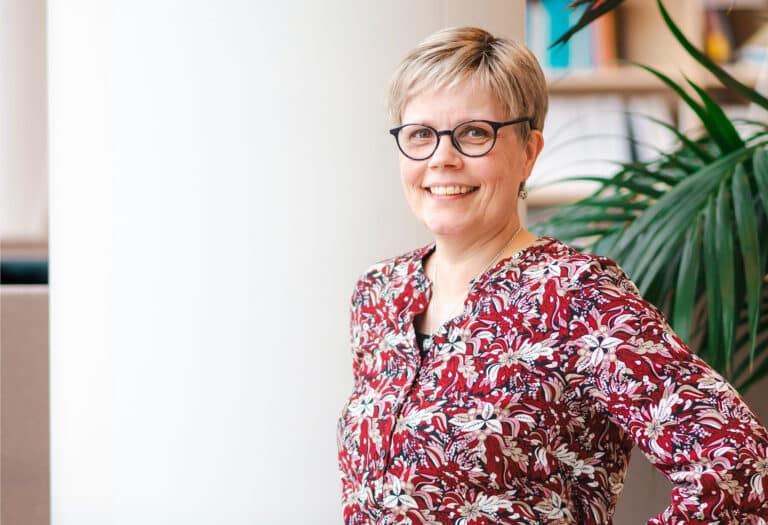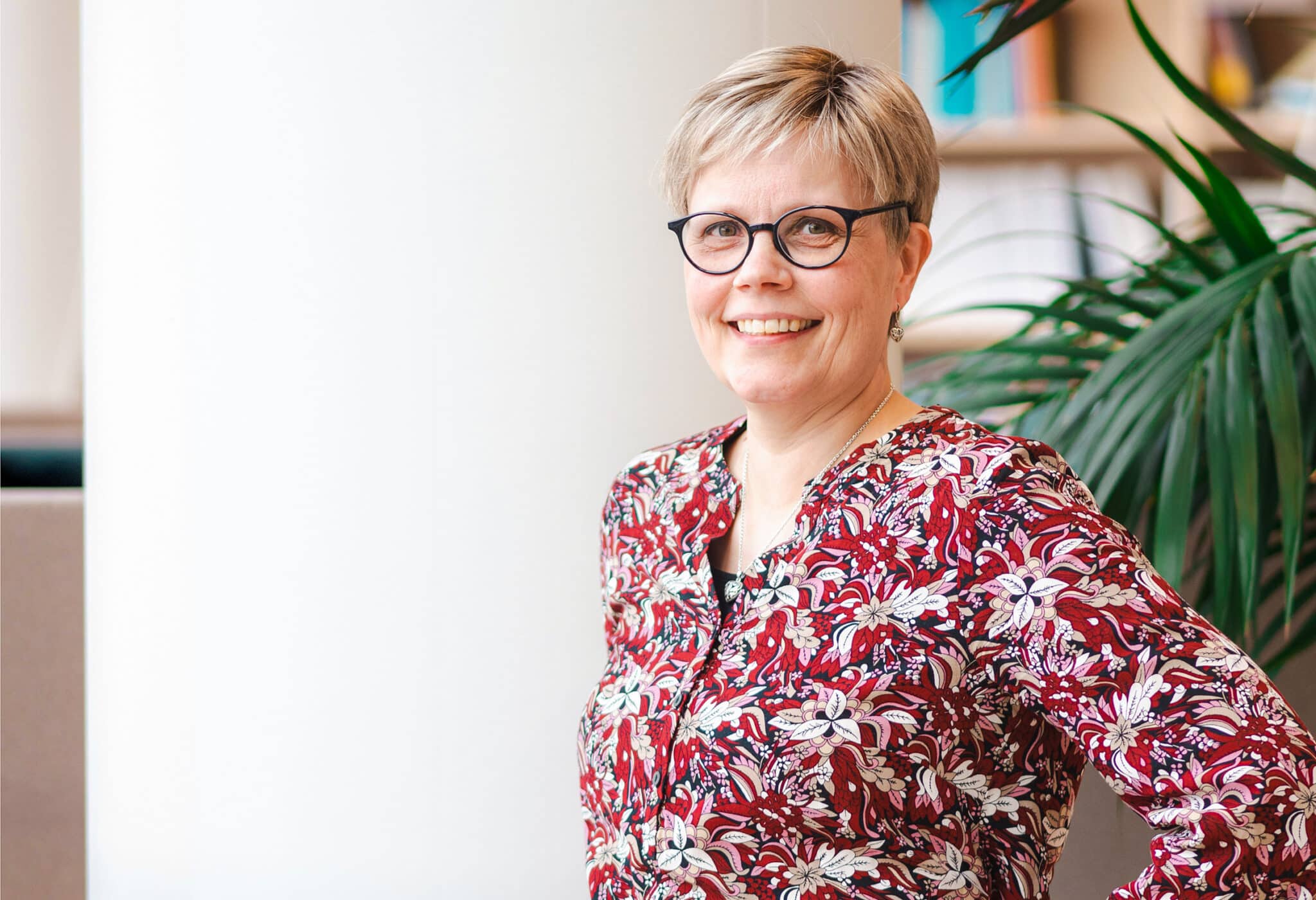The Clean Energy Package is an apt name, since the primary goal of the proposals is to combat climate change. At the same time, the Commission is aiming at maintaining the EU’s competitive ability, while the transition to clean energy is changing the global energy market.
The Winter Package was anticipated with great excitement, which was mainly replaced by satisfaction. The package proposes changes to the electricity market, which would enable the entry into the market of variable, unpredictable and decentralised renewable energy. There will be no radical changes to the market model, but the originally Nordic model will be retained as the basis for the European electricity market. In the future, price is meant to guide production, consumption and storage, as well as investments in them, better than before.
The proposals put the focus on the consumer. The consumer will have the right to produce, consume and store electricity. The possibility of linking customers is one means to increase consumption flexibility. The package does not take a firm stand on capacity mechanisms – their permissibility is ultimately resolved by the Commission’s Directorate-General for Competition on the basis of State aid rules.
However, the Winter Package is not entirely rosy. The proposal on Regional Operational Centres, or ROCs, is facing opposition. If implemented, part of the decision-making authority stemming from system responsibility would be transferred from transmission system operators to ROCs, but transmission system operators would still be responsible for national system security. Currently, Europe has two regional, corporate-form operational centres, and the Commission would like to spread this model farther afield.
In the Nordic countries, main grid cooperation has been carried out on a voluntary basis, and it has created the most progressive electricity markets in Europe. We have a joint balancing power market, reserve maintenance obligations agreed on a Nordic level, daily cooperation in operations, a future joint imbalance settlement system, and a close cooperation network with working groups, committees and common strategies – the list is extensive. Nothing similar can be found anywhere else. As part of this development, a Nordic operational planning unit will begin its work in Copen-hagen in December.
European markets are integrated, and market rules and network codes are largely harmonised. The next steps could well be regional, but not to the rhythm of ROC.







